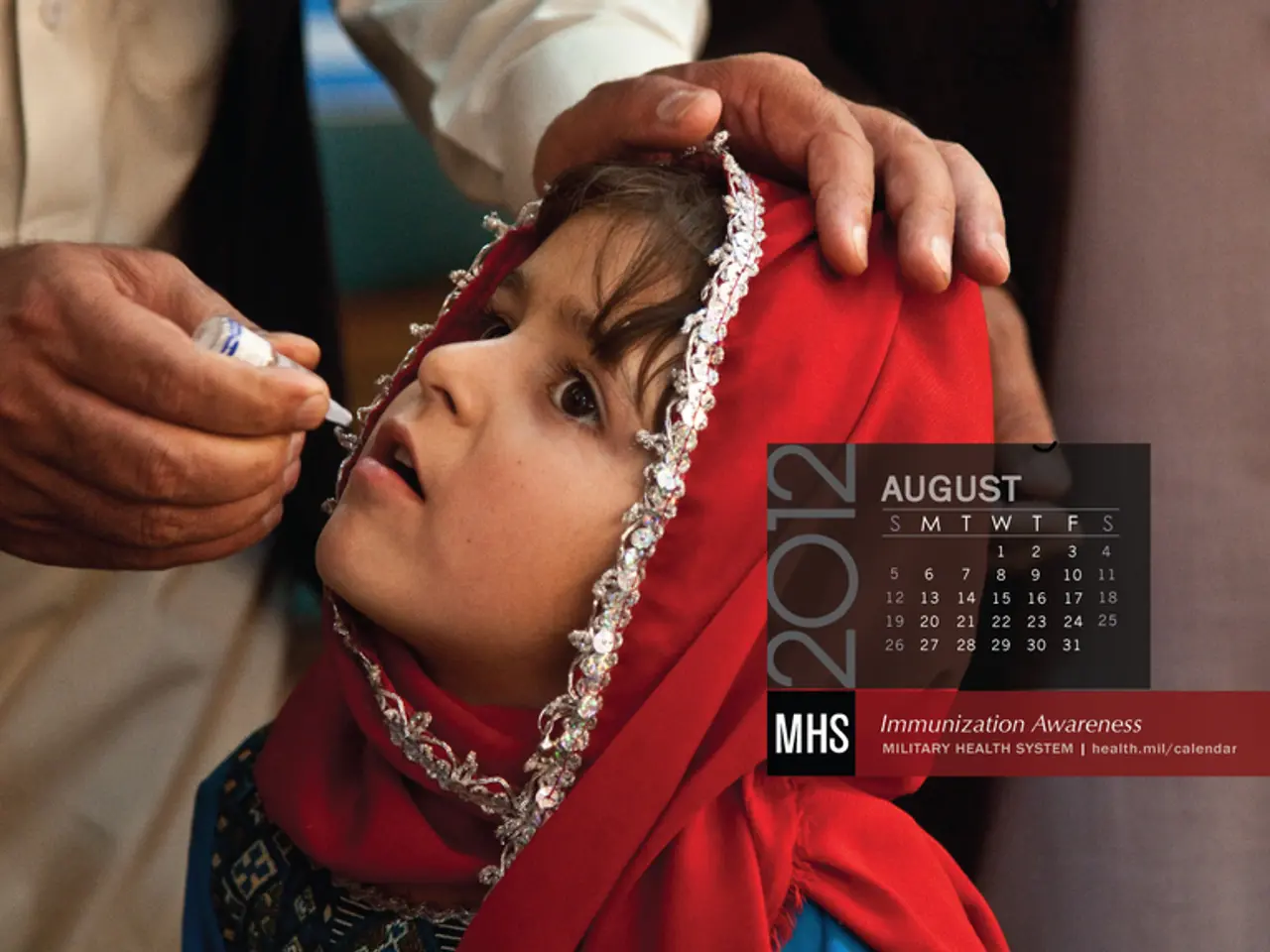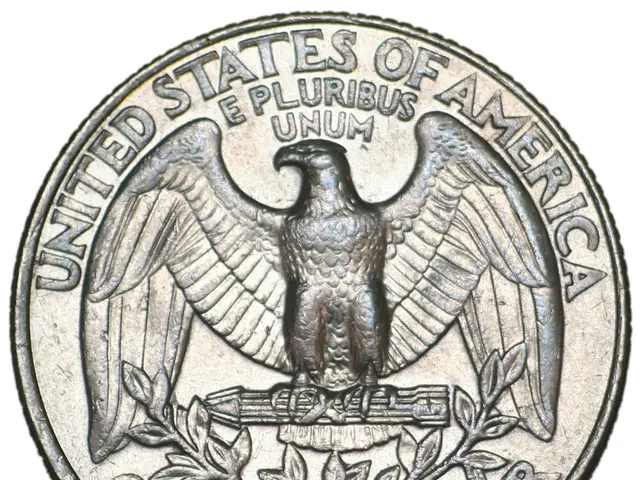Parents concerned about losing Medicaid coverage are hastily getting their children vaccinated
In the United States, concerns about vaccine access have arisen due to changes in the administration's policies, particularly those affecting Medicaid beneficiaries. The new Under Secretary of Health and Human Services, Robert F. Kennedy Jr., has issued directives that have caused alarm among medical professionals and increased vaccine hesitancy among parents.
One of the most significant disruptions is the removal of COVID-19 vaccines from recommended use for healthy children and pregnant women. This decision has led to lawsuits from leading medical societies and professional groups, accusing Kennedy of unlawfully undermining established vaccine policies and creating barriers to vaccine access, including for vulnerable populations on Medicaid.
Pregnant women and infants under 12 months old are particularly at risk due to decreased vaccine access. Some pharmacies have reportedly denied vaccines citing legal uncertainties created by Kennedy's directives, directly impacting Medicaid recipients who rely on public health programs for vaccination.
The Vaccines for Children (VFC) program continues to provide COVID-19 vaccines at no cost for eligible children. However, the future of vaccine coverage under Kennedy’s leadership remains uncertain and concerning. Ongoing legal challenges and professional opposition suggest strong resistance to dismantling vaccine access, but if his agenda proceeds, low-income children and Medicaid beneficiaries may face greater obstacles to vaccinations, risking public health setbacks.
Anxious parents, particularly those with children on Medicaid, are concerned about access to routine childhood immunizations. Pediatricians are scheduling appointments precisely with a child's eligibility due to concerns about vaccine restrictions or no longer being covered by insurance.
Meanwhile, the American Academy of Pediatrics and other physician groups have filed a lawsuit against Kennedy over his decision to no longer recommend the COVID-19 vaccine for healthy children and pregnant women. The new ACIP members, appointed by Kennedy, have the potential to withdraw support for a particular vaccine, which could affect its availability to children on Medicaid.
The situation is not limited to COVID-19 vaccines. The HPV vaccine, which helps prevent cervical cancer, requires multiple doses months apart, and there are concerns that families may not be able to afford it if it's no longer covered by insurance. Last year, overall kindergarten vaccination rates fell in the U.S., and the number of children with a school vaccination exemption continued to rise.
The new ACIP members have recommended that adults and children no longer receive flu vaccines with thimerosal, a preservative that anti-vaccine activists, including Kennedy, have rallied against for decades. However, the ACIP committee reaffirmed that flu vaccines will remain accessible and covered, and they are mercury-free.
On a positive note, some initiatives are moving in the right direction. For instance, Mason, a pediatrician in Albuquerque, New Mexico, has begun offering the measles vaccine to infants as young as 6 months old. This proactive measure aims to protect vulnerable populations and prevent the spread of diseases like measles, which has seen more than 1,300 cases since January, including three deaths, according to the CDC.
As the situation evolves, it is crucial to prioritise the health and wellbeing of all children, particularly those from low-income families who rely on Medicaid for vaccination. The ongoing legal battles and policy changes underscore the need for continued vigilance and advocacy from medical professionals, parents, and public health experts to ensure equitable vaccine access for all.
References: [1] ABC News. (2022, May 13). Lawsuit: Biden's HHS secretary illegally undermined COVID-19 vaccine policies. Retrieved from https://abcnews.go.com/Health/doctors-sue-biden-hhs-secretary-illegally-undermined-covid-19/story?id=88813065
[2] Kaiser Health News. (2022, May 10). Vaccine access for low-income families faces disruptions under Biden HHS chief. Retrieved from https://khn.org/news/article/vaccine-access-for-low-income-families-faces-disruptions-under-biden-hhs-chief/
[3] The Hill. (2022, April 27). Biden's HHS secretary faces backlash over vaccine decisions. Retrieved from https://thehill.com/policy/healthcare/3518188-bidens-hhs-secretary-faces-backlash-over-vaccine-decisions/
- The ongoing legal challenges and policy changes in policy-and-legislation, particularly those related to vaccine access, have stirred concerns among medical professionals, parents, and public health experts about health-and-wellness for vulnerable populations, such as children on Medicaid.
- The removal of COVID-19 vaccines from recommended use for healthy children and pregnant women has led to lawsuits from leading medical societies, alleging that the new Under Secretary of Health and Human Services, Robert F. Kennedy Jr., is unlawfully undermining established vaccine policies and creating barriers to vaccine access, including for Medicaid beneficiaries.
- In the midst of disruptions to vaccine access, some initiatives, like offering the measles vaccine to infants as young as 6 months old, aim to protect vulnerable populations and prevent the spread of diseases, demonstrating a commitment to the health and wellbeing of all children, particularly those from low-income families who rely on Medicaid for vaccination.








